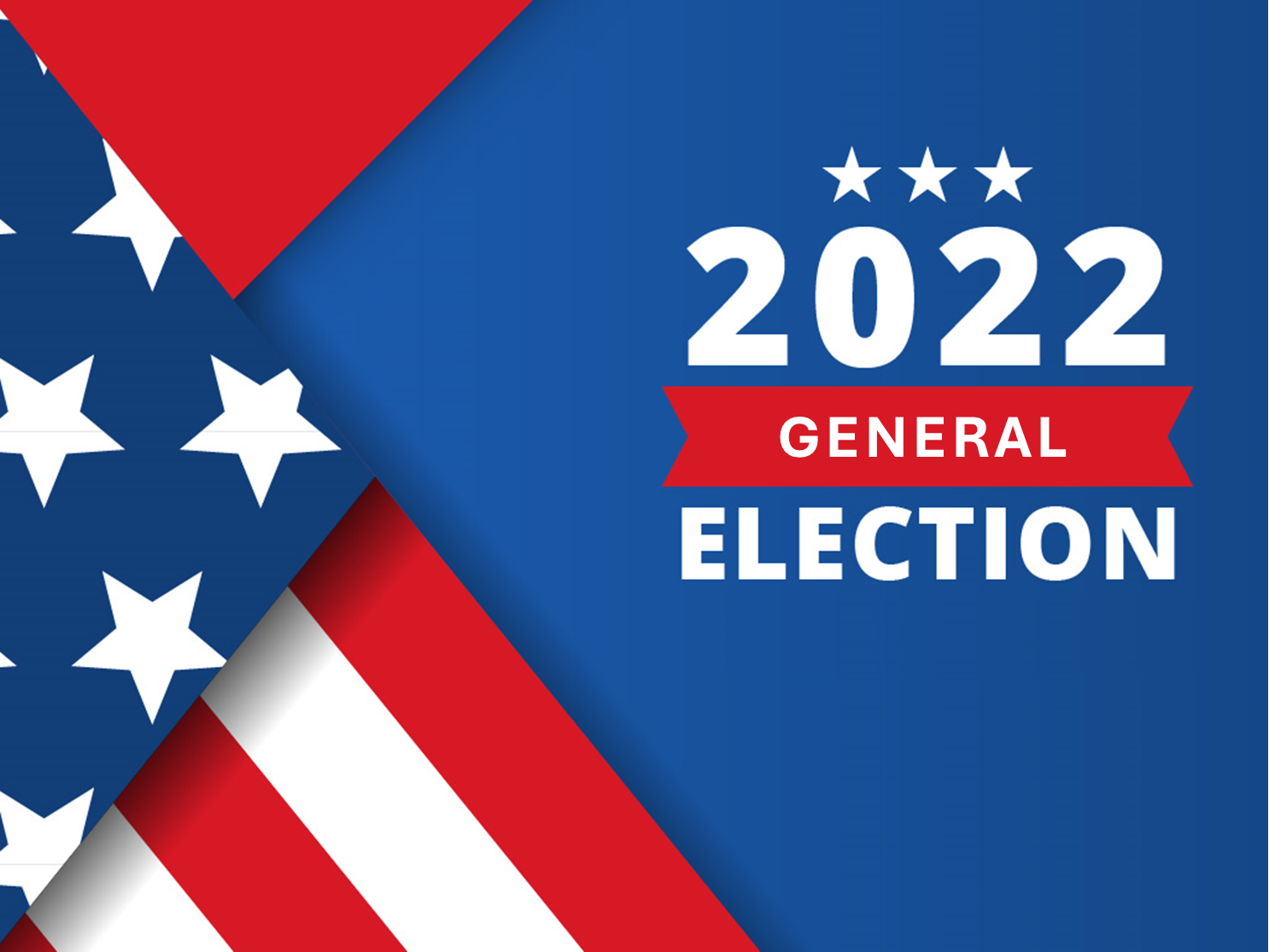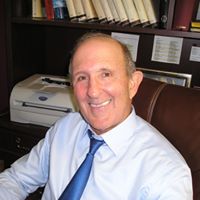As the Midterms Approach: Towards a Moral Vision for America

As the midterm elections approach, I have never seen our country as divided and locked in turmoil as it is in these fall days of 2022. With alarming regularity, it seems, newspaper headlines warn of an impending civil war. Indeed, in a recent YouGov-Economist poll of self-identified “strong Republicans,” 54% thought “a civil war was at least somewhat likely in the next decade.”
As all of this settles in, it behooves us to look back in our history to the time of the actual civil war and to the leadership of our greatest American president, Abraham Lincoln.
The capacity of conscience to shape events
While Lincoln’s disposition towards slavery had its flaws, he believed it to be wrong and that the country should be freed of it. His belief was informed by a moral understanding of life. As a politician, his motives were always moral as well as political; and Lincoln displayed what all great presidents reveal: the courage of his convictions. Lincoln believed in the abiding goodness of people. More still, he believed in the “capacity of conscience to help shape events.”
Lincoln understood the dimensions of power, and certainly the power of the American presidency. However, because of his faith (he was well versed in the Bible) and the stature of his decency, he knew that an American President must be committed to something larger than his own self-interest–to something more mighty than his own hold on power.
With this in mind, Lincoln demanded that his presidency follow a moral path, even if that path could ultimately not waver from civil war. Leaders must have the courage to nudge us towards the spiritual high ground, the ground where “neighbor love” wins the day. In our common experience, neighbor love is a concomitant of the moral life. Throughout history, the clarion call of this life has been sounded by the ancients Plato and Aristotle, just as it has been proclaimed by moderns like Martin Luther King, Jr., and Nelson Mandela.
Race relations and the challenges to our democracy
Indeed, it is the paradoxical truth of these times that race remains the elephant in the room in our self-understanding as a nation. Let’s tell the truth: we have a major political party that–for all intents and purposes–does not want black people to vote (brown people, too, to a lesser extent). Virtually every target of Republican claims of voter fraud is an urban center inhabited by large numbers of black people. Atlanta, Detroit, and Philadelphia come immediately to mind. In upwards of twenty-five Republican state legislatures across the country, voter restriction laws have been enacted with the clear intent of suppressing the vote.
In our current politics, Republicans have concluded they cannot win democratic
elections. And with the demographic changes that are sweeping across our country, this is increasingly the case. As Isabel Wilkerson chronicles in her excellent book, Caste, a large swath of the Republican party is not reacting well to the symbolism of what the year 2042 holds for white America. 2042 is the year after which the majority of Americans will be non-white.
Rather than embrace people of color and celebrate our racial and cultural diversity, regrettably, large numbers of white people are pursuing another path. Thus, the recent rise in anti-democratic fervor and its serious threat to our democracy. Rather than reach out to people of color and enlarge the circle of their constituency, the Republican Party has opted to do everything it can to make it more difficult for them to vote.
Where a moral vision can take us
On a Monday in March of 1861, Lincoln spoke to the ages:
We are not enemies, but friends, said Lincoln. … Though passion may have strained us, it must not break our bonds of affection. The mythic chords of memory, stretching from every battlefield and patriot grave, to every living heart and hearthstone all over this broad land, will yet swell the chorus of the Union, when again touched, as surely they will be, by the better angels of our nature.
The “better angels of our nature” reflect the spiritual high ground to which Jesus calls us in the Sermon on the Mount:
… love your enemies and pray for those who persecute you, so that you may be children of your Father in heaven; for God makes God’s sun rise on the evil and on the good, and sends rain on the righteous and on the unrighteous. (Matthew 5:44-45)
A moral vision is a vision that lifts up the best in our human spirit (i.e., the “better angels of our nature”). Such a vision prompts us to do the right thing. And let’s be honest, generally, we know what is right. We may or may not want to do it. But we know. A moral vision exalts truth and justice; it raises up “neighbor love” and, therein, the love of all people.
Our religion must see us through to this moral vision. It must lift us beyond self-love and self-interest that see too dimly the needs of community, country, and planet. The love in this moral vision must be welcoming of all; it must enlarge the boundaries of our affections. It must be inclusive–indeed, a love where the “better angels of our nature” are revealed. This is the moral vision embedded in the Golden Rule: that we do unto others as we would have them do unto us.
May the politics of these days and the fervor in our hearts be bent toward this end!

The Rev. Dr. Jeffrey Frantz is a retired United Church of Christ minister. He had long term pastorates in San Diego County and in Miami Lakes, Florida. His service as a Peace Corps Volunteer in Panama in the late sixties spurred his commitment to social-justice ministries and to a spirit of ecumenism as a local church pastor. He holds a Doctor of Ministry degree from Pacific School of Religion. He is the author of The Bible You Didn’t Know You Could Believe In and his just published book: The God You Didn’t Know You Could Believe In. Dr. Frantz and his wife, Yvette, are now retired and living in Florida.
